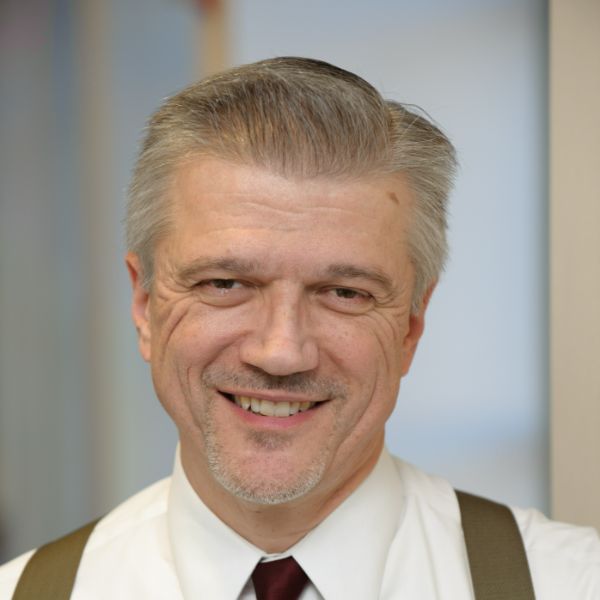Pianist Kazarzyna Musial takes the stage at the Eastman School of Music’s Hatch Recital Hall this Sunday, May 13, at 7 p.m. in a celebration of 100 years of Polish independence.
The University of Rochester’s Skalny Center for Polish and Central European Studies has joined with the Polish Heritage Society of Rochester to sponsor the concert, in which the Polish-Canadian Musial will perform music by Polish composers, including Ignacy Jan Paderewski, who served as the first prime minister in the newly independent country.

“The new republic got off to a very hopeful start with their leading musician as the head of government,” says Randall Stone, director of the Skalny Center and a professor of political science at Rochester.
Paderewski was a popular choice because he had earned the admiration of the public through his artistry and stirring, political oratory. At the same time, Paderewski didn’t belong to any political organization, creating expectations that he could rise above typical government squabbles.
Poland had spent about 150 years as part of the Russian empire, undergoing a series of partitions, before falling under German occupation during the First World War. With the signing of the Armistice in November 1918, ending World War I, Poland regained its status as a sovereign state.
Poland was not always even independent during the past century, given the German occupation of the country during WWII, followed by its involuntary absorption into the Soviet Block. But even when occupied by Nazi Germany, as Stone points out, Poland maintained a semblance of independence with a government-in-exile, along with an operational state that served as an underground movement.
Like many other nations in the West, Poland has taken a nationalistic turn in recent years. Social anthropologist Annamaria Orla-Bukowska, a visiting professor at the Skanly Center, believes there may be an indication later this year of how long the political shift may last.
“Local government elections will take place in Poland this fall, giving people a chance to send a message,” says Orla-Bukowska. “I’m optimistic that voters will either reject current government policies or, at the least, lay the foundation for changing the government when parliamentary elections are held in two years.”
Regardless of the outcome of the local elections, Stone thinks the outlook for the country is bright. “Poland has established a tradition of democratic governance which will help it navigate this period,” he says. Moreover, “The Poles do not give up. They’re a tenacious people who struggled during crisis after crisis with a fervent belief in their independence. That’s the universal lesson of Poland.”




